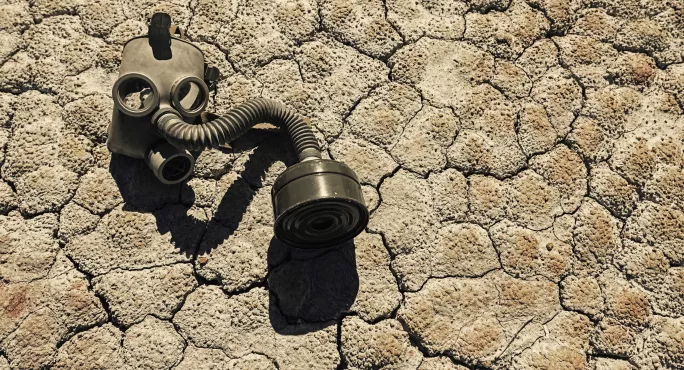A teacher’s role is not always exam prep, lesson plans and marking. More often than not, the role of a teacher is about showing empathy and understanding for the students in your class. Despite having every desire to help a challenging student, sometimes their behaviour can have a knock-on effect on your wellbeing. Writing in the 18 May issue of Tes, Darren Martindale, a virtual school head for looked-after children for the City of Wolverhampton Council, calls this effect “toxic stress”.
“Here’s where you become your own worst enemy, as your greatest assets - your intelligence, empathy and high aspirations - can become liabilities. You overanalyse and blame yourself. You sense their pain and anger too keenly, and may start to relate to their distorted view of the world. They project their ‘toxic stress’ toward you, which you internalise and then reflect back in an increasingly vicious cycle.”
If this sounds like something that you’re familiar with, Darren offers the following strategies to build your resilience in the face of toxic stress:
1. Recognise your emotions
Don’t deny or downplay what you’re feeling. It’s OK to struggle sometimes. Name your feelings; shout them out (perhaps not in class), write them down. Equally, however, your feelings aren’t the whole of you; you don’t need to be dominated or controlled by them.
2. Reframe your thinking
Challenge those self-doubts that can become so disabling. Cognitive behavioural therapy and motivational interviewing are solution-focused approaches to breaking negative cycles of thought and behaviour. Dialectical behaviour therapy can help you to regulate your emotions. Research these tools and see what might work for you.
3. Regain your perspective
You may start to “catastrophise”, blowing things out of perspective. Ask yourself, on a scale of 0-10 (0 being nothing and 10 being certain death), where would this situation fall? Positive psychology and mindful thinking can help you to keep a sense of proportion and reboot your confidence.
4. Create a stress support plan
Be proactive, though realistic: “What can I do today, this month and this year to incrementally reduce my stress and build my resilience?” If it’s just one tangible thing at a time, that’s fine - you’re still taking back some control.
5. Develop your de-escalation skills
Practice progressive muscle relaxation techniques and deep, regular breathing. Breathe low - from the belly, not the chest. Stand slightly sideways-on to your student, at an acute angle, to reduce their perception of you as being a threat. Move your body and take regular walks around the classroom to release energy and tension.
6. Be adventurous in your teaching
Secondary trauma can make you tentative, and this may restrict learning for you and your students. Our competitive, performance-driven culture doesn’t always help either, but remember that education should be an adventure. Don’t let your creativity be constricted by fear or failure.
This is an edited version of an article in the 18 May edition of Tes. Subscribers can read the full article here. To subscribe, click here. This week’s Tes magazine is available at all good newsagents. To download the digital edition, Android users can click here and iOS users can click here.




